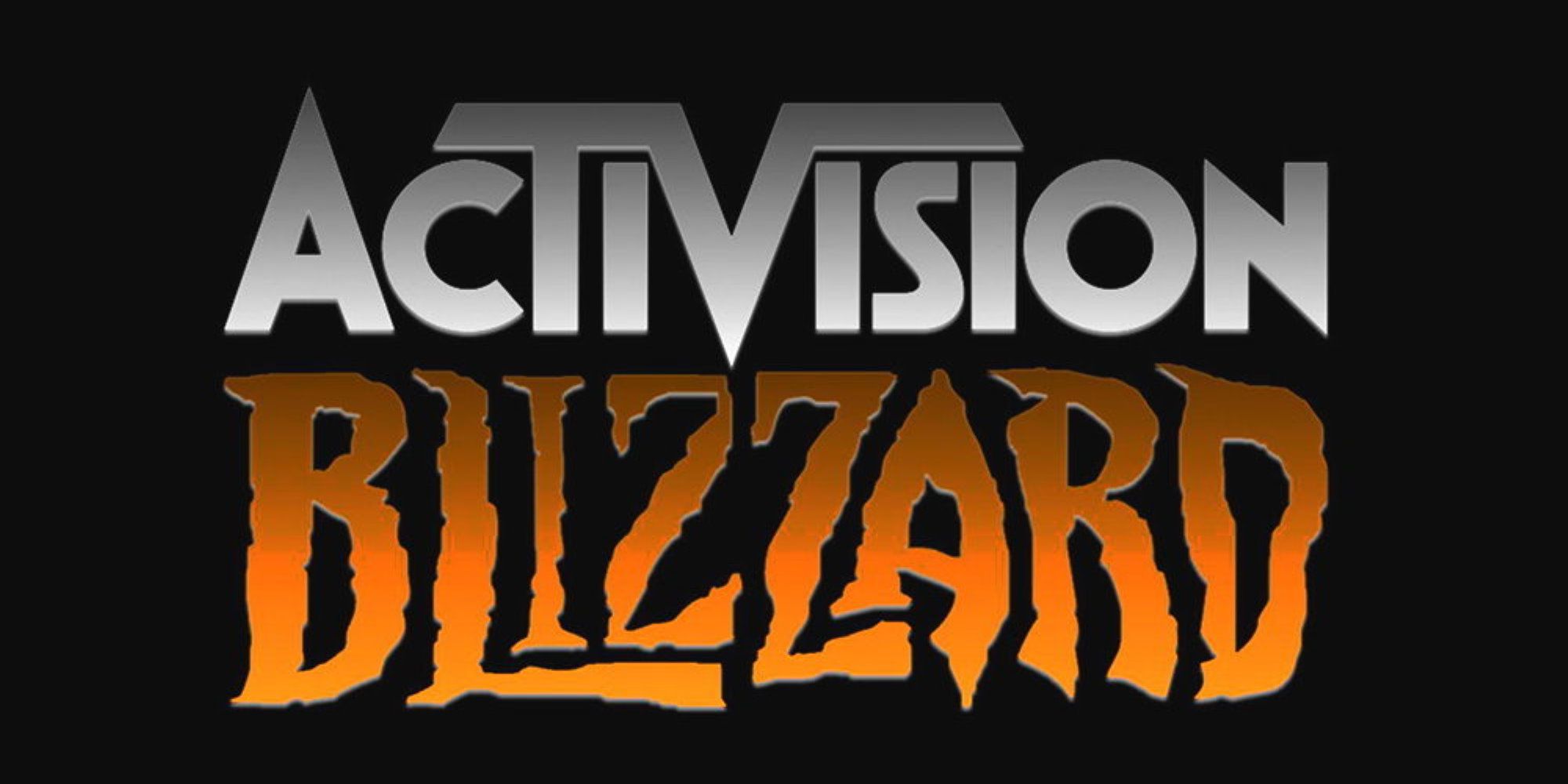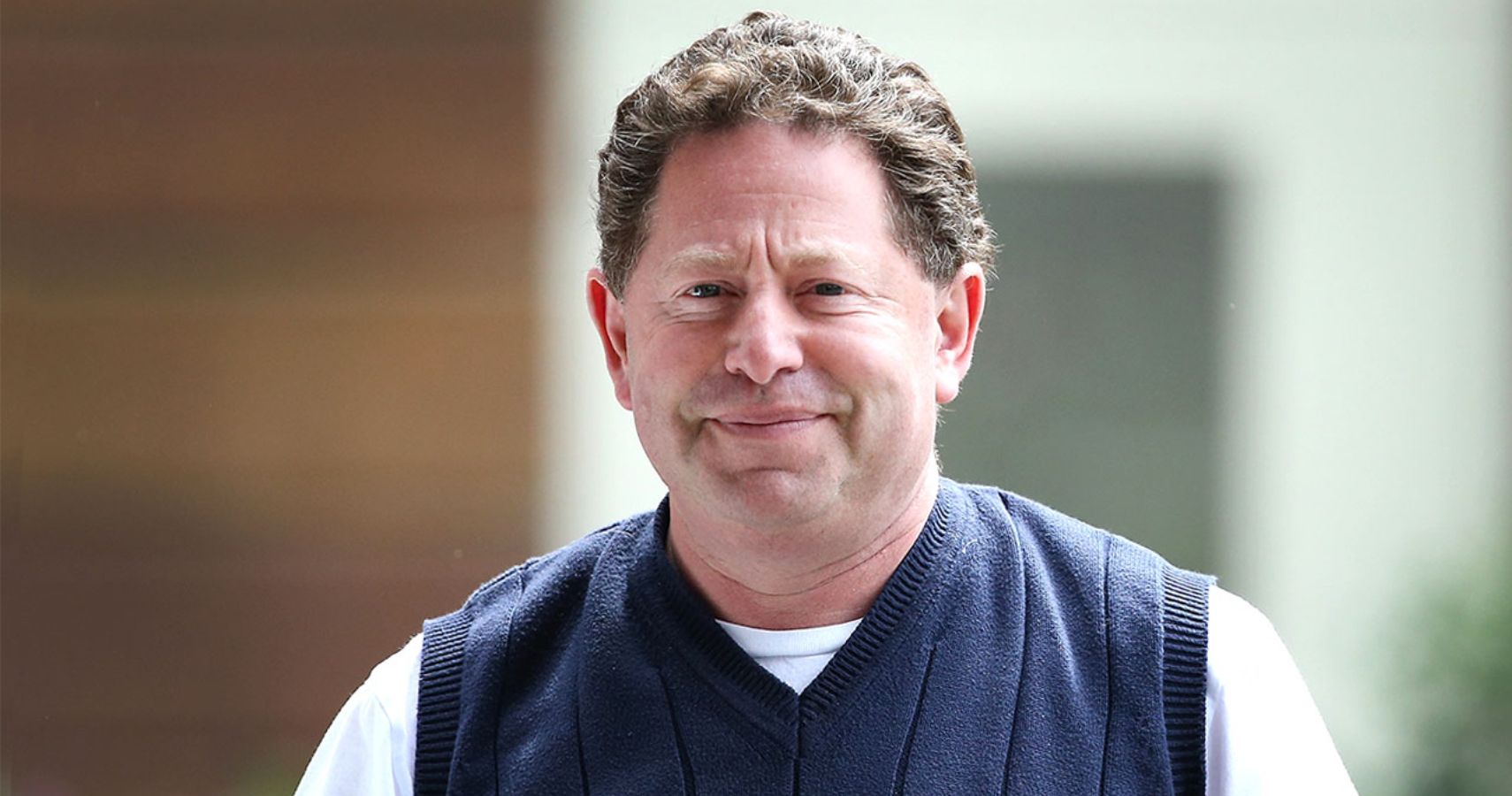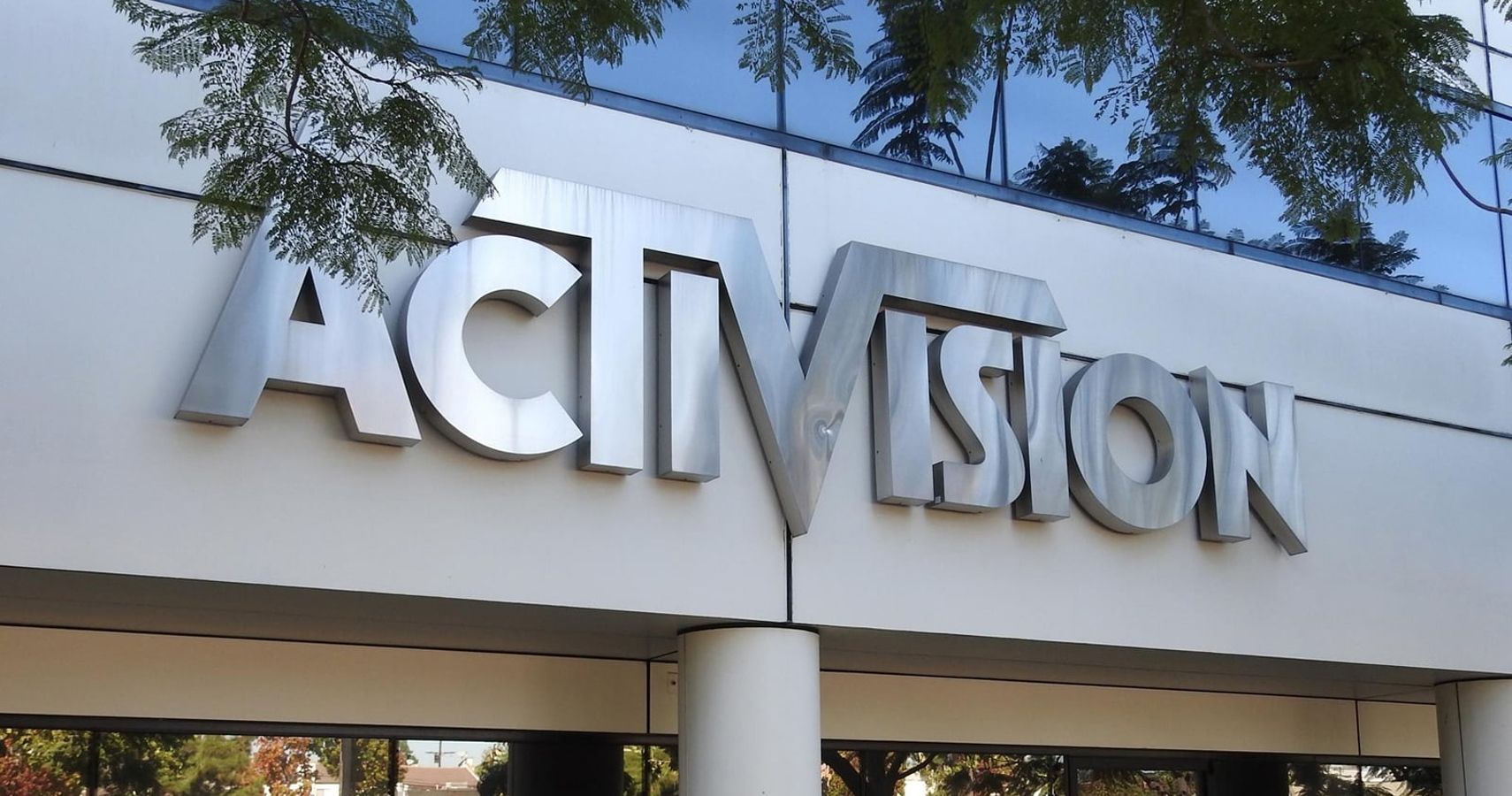Leading game workers unions say they hear stories of abuse in the industry “every day”, as Activision Blizzard and Ubisoft face calls from their employees to do better. The Independent Workers’ union of Great Britain (IWGB), and Communications Workers of America (CWA) call on workers to unionize their workplaces, and shift the power imbalance that currently favours management. [Editor’s note: these interviews were conducted prior to the Wall Street Journal report that alleges Bobby Kotick knew of the abuse at Activision Blizzard for years before they became public]
Both unions have represented employees from both Activision Blizzard and Ubisoft, but stress that this is an industry-wide issue. They also criticize the responses of both companies, with Activision Blizzard’s recent payout labelled a “token gesture”, which is “too little in the grand scheme of things to really put anything right.”
Activision Blizzard was initially facing two investigations. One is through the California Department of Fair Employment and Housing, which is still ongoing. The other was with the US Equal Employment Opportunity Commission (EEOC), which the company is ending with a settlement of $18 million, to cover damages over the past five years. For reference, the company made $1.88 billion in its most recent financial quarter.
Both IWGB and CWA oppose this settlement, with CWA doing so through a formal objection.
“The size of the settlement is so small, it's fractions of a penny on the dollar compared to what this company earns,” says Sara Steffens, secretary treasurer of CWA.
The relatively small payout was just one of the reasons the union tried to block the settlement. There are also concerns that most of the affected employees don’t actually qualify for compensation at all. But there’s also the fact that it feels, as Steffens puts it, like a “slap on the wrist”.
“This is a situation that had been endemic in the company for a long time,” Steffens tells me. “Many, many people knew about it, they accepted it, just as part of their culture. You know, that should have consequences.”
Another concern is that the settlement may not actually compel Activision Blizzard to pay those affected, as the requirements are only temporary.
“It expires in a specific time instead of when the terms are fulfilled. So that's a big question mark, and then it's going to have this really broad waiver of claims. These workers will probably have to waive any rights or claims under state law.”
Over in the UK, the situation isn’t much better. Jess Hyland, a spokesperson for the IWGB, has been in contact with Activision Blizzard employees since the payout announcement.
“They've been generally unimpressed and frustrated with how leadership is handling the lawsuits”, Hyland says. “The payout in particular has been seen as a token gesture and too little in the grand scheme of things to really put anything right.”
“An actual admission of wrongdoing from [Activision Blizzard King] leadership and acknowledgement of the real and lasting harm they have caused would also be very valuable. If they want to make good on their commitment to diversify their workforce, they need to show that they can own the mistakes they've made and that workers can trust in the change they promise.”
The recent news of Jen Oneal’s departure has also left many employees, in Hyland’s words “feeling concerned about the company's actual trajectory.” They are not comfortable with the company being headed by a lone man once again. It later emerged that Oneal was being paid less for her role than her male counterpart, underpinning the sexism throughout the company.
The main question on everyone’s mind right now is what will it take to fix this. But of course, an equally important aspect to this is how did it get to this point. There will likely be a multitude of reasons, but one aspect that Steffens highlights is the lack of unionization in the industry - which she says big companies actively work against.
Further still, she shares that the EEOC settlement could actually see employees waive their right to unionize.
“They bring in these firms, and they teach management and supervisors how to basically try to scare the employees,” Steffens says. “They start monitoring everybody and drawing up lists of who the suspected union supporters are. They'll have large meetings that we call captive audience meetings, where they bring people together and make them listen to anti-union rhetoric.”
It doesn’t end there. Another strategy is to bring the workers into a meeting with their superiors - one on one - to dissuade them from unionizing. It’s very intimidating, and also very illegal. But it’s something that is “unfortunately very common,” according to Steffens.
Steffens is speaking generally about the tech industry here, but of course, Activision Blizzard has already been called out for hiring a law firm with a history of union busting in the wake of the allegations.
Despite these efforts, both unions are experiencing an influx of inquiries. Hyland explains, “I hear stories every single day from games industry workers of terrible abusive working conditions, harassment and discrimination at studios across the world. Activision Blizzard and Ubisoft are simply some of the better-known offenders.”
CWA is hearing from game workers much more too, but rather from those seeking to organize their workplace.
“I see workers in the gaming industry standing up and saying this doesn't have to be normal. We don't have to just accept the status quo. It's contagious. You know, it inspires people.”
Activision Blizzard employees were overlooked with the EEOC settlement. But the fact that they were not consulted seems to be pushing them further into unionization - which as Hyland explains, may be the only way the industry can leave this abuse in the past.
“Abuse is often enabled by the power imbalance between company leadership and the workers on the ground floor”, she exampins. “As individuals, workers have very little power to confront and expose abusive systems.
“But when we join together, we tip the scales back towards equity and make sure that the needs of workers - for good pay, humane working conditions, a fair work-life balance for our diverse lives - are valued.
“True, lasting change will not come from the goodness of CEO's hearts. We have to all work towards it, and do what we can to make the changes we need happen.”

.jpg)



.jpg)